Are you overwhelmed by all the silica additives available on the market? We are here to help you. We asked specialists to determine which silica additives are the best for plants. Here is the answer!
Silica additives differ in concentration and solubility. The best solution will depend on the plant's absorption. Below are the silica brands you want to incorporate into your plants:
- Aptus Fasilitor
- Bloom Silica
- Botanicare Silica Blast
- Cyco Silica
- Gold Shield Silica Supplement
- Humboldts Secret Tree Trunk
- Power Si Original
- RAW Silica
- Silica Gold Plant Strength
- Silicium Monosilic Acid
- Advanced Nutrients Rhino Skin
In this post, we will share a detailed discussion of silica brands. We will also explore the uses and effects of silica and more related topics. So keep on reading!
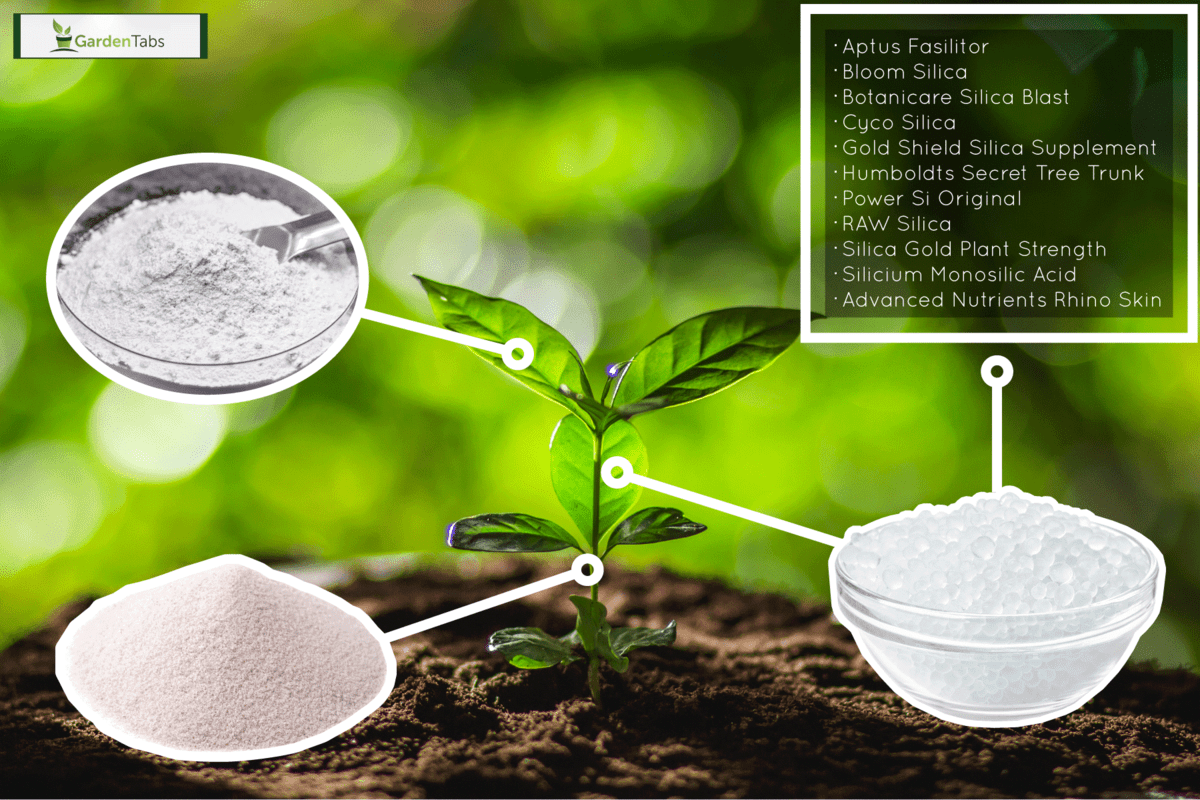
What Is Silica?
Silica is a common term for silicon dioxide, a compound of silicon and oxygen. You can usually find this chemical as a raw or additive component, such as quartz, sand, glass, food, and beverages.
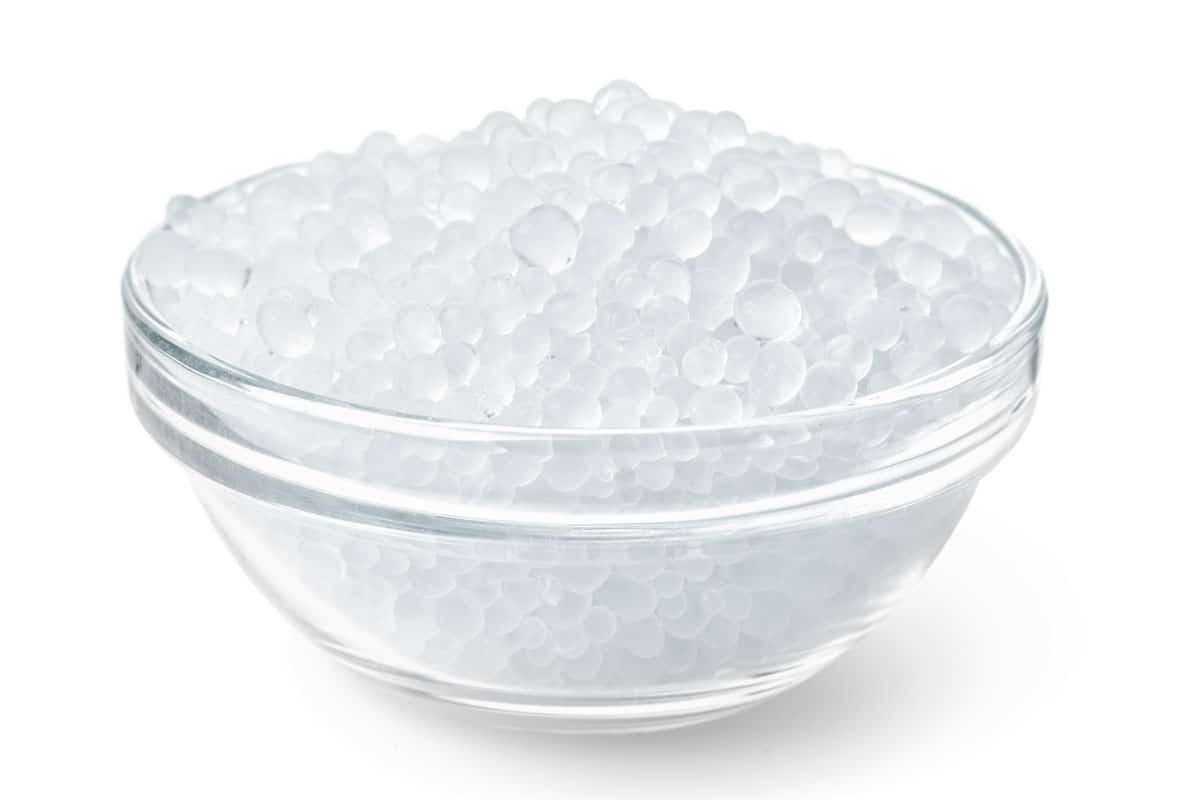
Because it is abundant, it takes several forms: shapeless, crystals, or powder. In its raw state, it is transparent, but it also takes on a white, pinkish, or yellowish appearance when mixed with other substances.
Why Do Plants Need Silica?
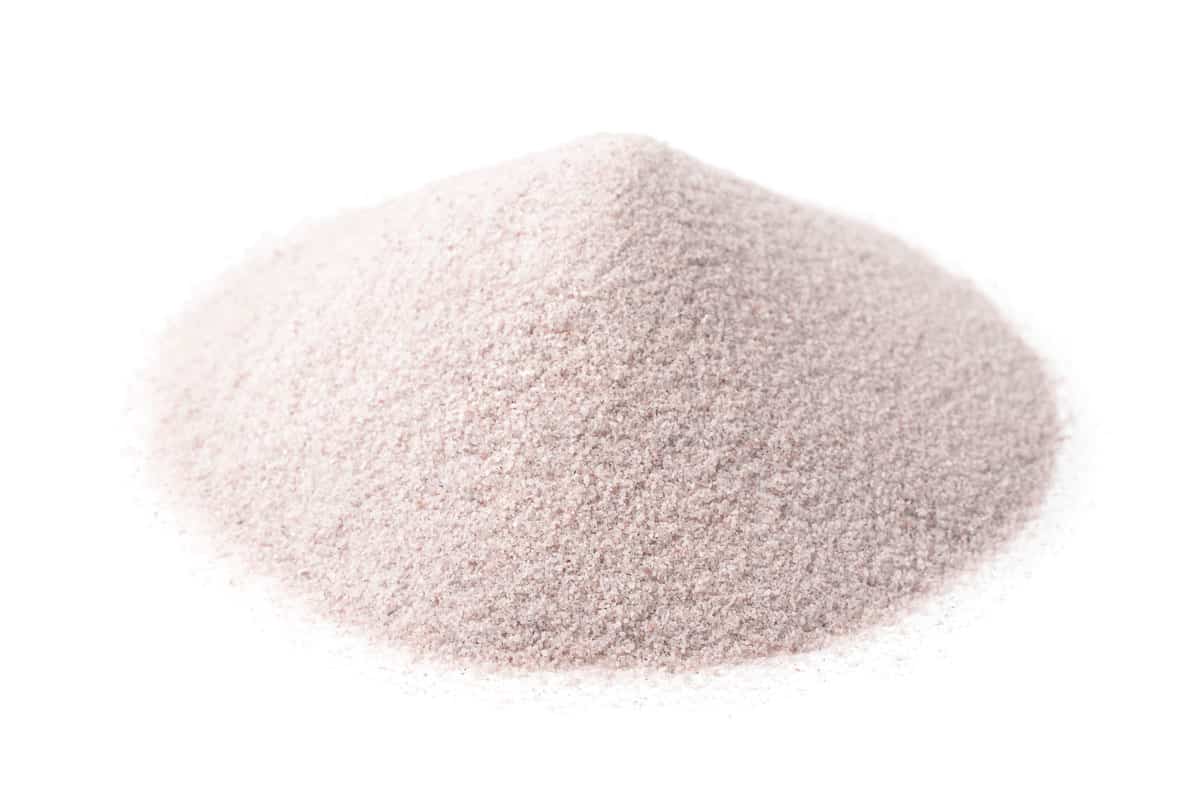
Aside from being supplementary to people's daily food intake, it is a bountiful superfood for plants. According to scientific studies, the plant cell wall will be weaker and susceptible to flaws without silica. Along with essential minerals, it is significant to a plant's growth.
As a plant enthusiast, you will find that silica comes in handy for your greenery, whether soil-grown, hydroponic, or drying. Here are a handful of its benefits you can maximize.
- Promotes quicker harvest
- Ensures nutrient uptake
- Supports stability and health
- Prevents soil infection
- Protects against disease
- Reduces pests infestation
- Resist mechanical and diffusion stress
Best Silica Additives For Plants
Below are some of the be silica plant additives of different sizes, solubility, and bioavailability.
1. Aptus Fasilitor
This concentrate has silicic acid. Whether you purchase a small or large bottle, you will find that your plants consume less per feeding during bloom cycles.
Here are some of its unique qualities:
- Carries molybdenum and boron
- Mixes with water for a root or foliar spray
- Reduced potency when it is undiluted and combined with other products.
- No claims for fungal treatment
Click here to see this silica-based solution on Amazon.
2. Bloom Silica
This 1-liter yellow bottle contains 53.2% of potassium silicate, the highest among the brands listed here.
Here are some of its unique qualities:
- No application reduction of other fertilizers.
- Recommended for continued use for best result
- Perfect for indoor and outdoor gardens.
Click here to see this bottle of hydroponic-soil nutrients on Amazon.
3. Botanicare Silica Blast
This is a combination of sodium silicate and potassium silicate. It's available in various sizes, including 1 quart, 1 gallon, and 5 gallons.
Here are some of its unique qualities:
- Absorbable within one day
- Comprises nonplant food
- Conducive for extreme climates
Click here to see this liquid supplement on Amazon.
4. Cyco Silica
It has equal portions (3%) of soluble potash and potassium silicate. You can get 1, 5, and 20 liters of the product.
Here are some of its unique qualities:
- Lessens plant transpiration
- Excellent for thickening leaves and stems
- Slow mixing to avoid clouding
Click here to see this gallon of silica on Amazon.
5. Gold Shield Silica Supplement
Because of the 0.85% potassium content, this product boosts the metabolism of carbon dioxide for photosynthesis.
Here are some of its unique qualities:
- Fights against Pythium, Botrytis, and powdery mildew
- No organic nutrient
- Appropriate for daily feeding
Click here to see this concentrated silica supplement on Amazon.
6. Humboldts Secret Tree Trunk
Use the Tree Trunk for medium greeneries like houseplants and aquaponics.
Here are some of its unique qualities:
- Requires calcium, magnesium, and iron for filtered water
- Gentle shaking before using
- Ideal for the vegetative and flowering stages
Click here to see this liquid fertilizer on Amazon.
7. Power Si Original
The Power Si comes with an updated formulation for quicker transport of nutrients. Consider adding it to your arsenal.
Here are some of its unique qualities:
- Features a patented silica matrix
- Promotes lateral branching
Click here to see this additive on Amazon.
8. RAW Silica
Although this organic product has less than 50% of silicon dioxide, it is the highest concentration. It is available in big tubs: 2, 10, and 25 pounds.
Here are some of its unique qualities:
- Flowable
- No clouding when mixed with water
- Compatible with other feeding programs
Click here to see this flowable silica on Amazon.
9. Silica Gold Plant Strength
Instead of orthosilicic acid, producers made it with 100% bioavailable monosilicic acid.
Here are some of its unique qualities:
- Suitable for grass and houseplants
- Provides a growth rate of over 1 inch within the blooming period
- Weekly foliar spray
- Included before other elements
- Maintains plants' neutral pH from 5.5 to 6.5 upon application
Click here to see this dense fertilizer on Amazon.
10. Silicium Monosilic Acid
This product brings a pristine form of plant acid. Even with a small amount, you can notice a significant difference in your vegetation with this monosilic acid.
Here are some of its unique qualities:
- Bears soluble potash, boron, and molybdenum
- Match well with inter-canopy light
Click here to see this bottle of acid on Amazon.
11. Advanced Nutrients Rhino Skin
This liquid with potassium silicate is a good formula for hydroponically grown plants. It's available in a 250-milliliter bottle.
Here are some of its unique qualities:
- Apply in roots, not in leaves or stems
- Offers neutral pH (5.6 to 6.1)
- Ideal for cannabis plants
- Does not contain paclobutrazol and daminozide
How Do You Add Silica To Soil?
Generally, you start with a small amount while the vegetation is still young and then increase the quantity as it matures. Read and follow the directions carefully on the product's label or website. For example, combine 1/8 or 1/4 teaspoon of RAW Silica for every gallon.
Measure the pH level of the diluted solution before and after the application. Similarly, ensure your soil is rich in microbes to increase the soluble silica.
Finally, watch this clip to see the step-by-step procedure.
Should You Use Silica During Flowering?
If you are a new to growing, you should boost your yields using silica within the blossoming period.
Meanwhile, other enthusiasts shared in a forum to employ it at the end of flowering to serve as a protective layer against bud rot and environmental stressors like moisture, wind, and heat. Even if you cut these flowers, they last longer than when you mix silica into the vase.
With these proven practices, you can choose to use it during or after flowering. Throughout the life cycle of your plants, it can play a vital role. You can include it during rooting, transplanting, or harvesting.
Does Fertilizer Contain Silica?
![]()
The Association of American Plant Food Control Officials considers silicon dioxide beneficial to plants and classify it as a fertilizer. Likewise, some manufacturers incorporate silica into their fertilizing products. This type of fertilizer comes in handy for hydroponic farming.
Can Plants Overdose On Silica?
One of silicon dioxide's advantages is the regulation of iron, manganese, and aluminum, which are toxic to some extent. Despite its versatility, there is also a limit to using silica, like other substances. Otherwise, the plant will overdose.
Thus, you must follow the correct dosage based on the product's instructions. Remember, you must avoid using it as foliar or root spray simultaneously for one plant.
Silicon Toxicity
Scientists classified plants into three categories depending on their sensitivity to large amounts of silicon: accumulator (1.5 to 10%), intermediate (0.5 to 1.5%), and non-accumulator (less than 0.2%). With more than the optimal level, flowers will deform.
Do All Plants Like Silica?
Similar to soils, plants love silica but to varying degrees. The accumulator plants like conifers, ferns, mosses, rice, and sugarcane can tolerate high levels of this substance.
Meanwhile, dicots or the flowering ones will reject the excess amount. Some examples are begonia, geranium, pansy, petunia, and sunflower.
Does Silica Lower pH?
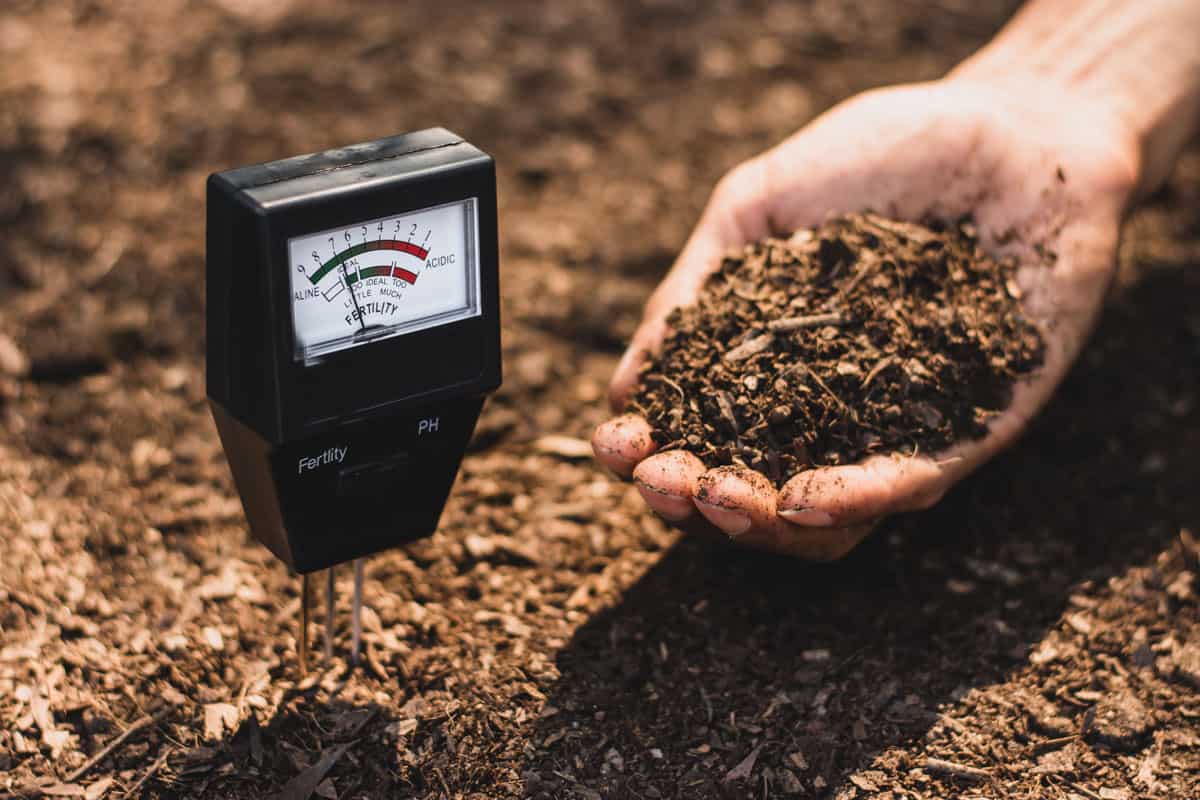
Because of the silica supplements' formula, the pH will significantly increase. Remember, a pH above seven means the soil becomes alkaline and reduces solubility. As a result, there is poor absorption of nutrients.
Alkaline soil is acceptable for some trees and shrubs (apricot and clematis). However, most plants thrive in slightly acidic or neutral ground. Thus, silica can affect them. For instance, it delays the growth of those requiring acidities, such as azaleas and rhododendrons.
Potassium Silicate Vs. Flowable Silicon
Silica has two common types as a plant additive. First, potassium silicate is a soluble form. Most silica is insoluble in its raw form. Thus, scientists mix it with potassium. Unlike the former, the other one is flowable silicon, which is pH neutral,
You can solve this downside by slowly adding water or a food-grade phosphoric acid to achieve the proper pH level.
Click here to see pH down on Amazon.
Final Thoughts
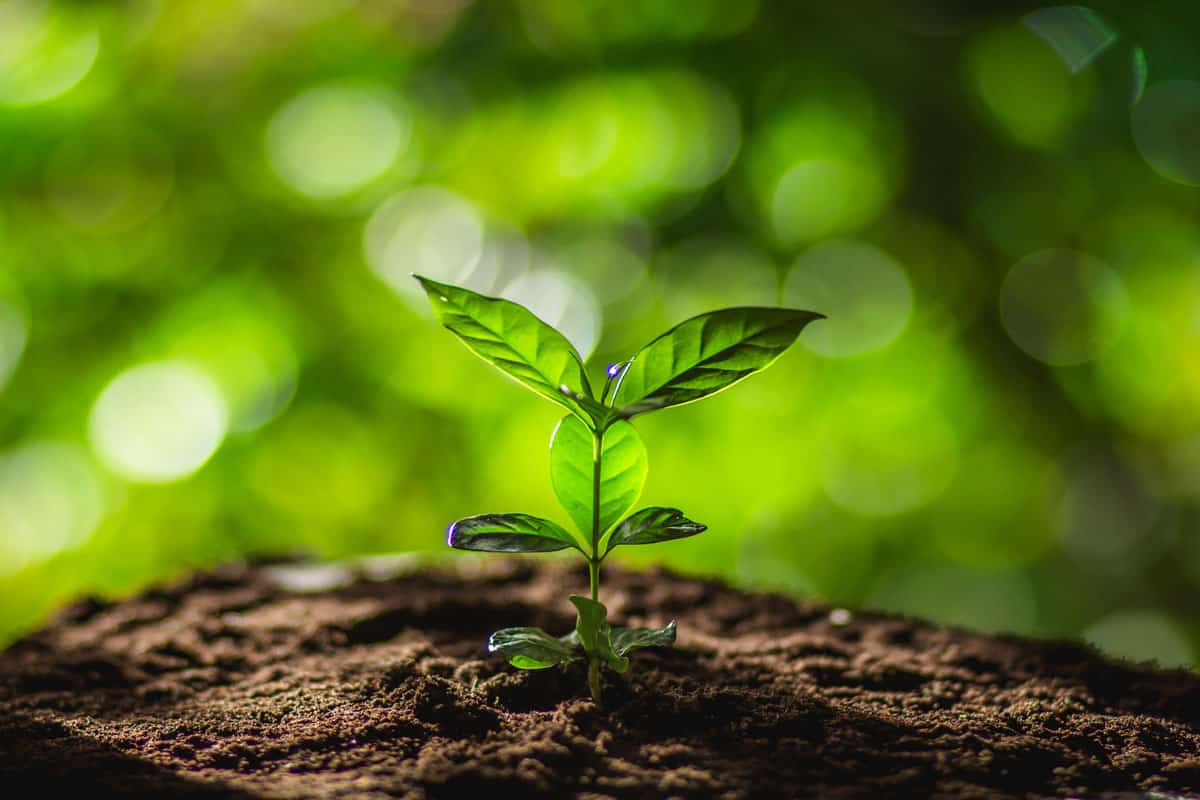
Although silica additives are nonessential, they are versatile and helpful for the nourishment and immunity of plants. You should add it to your toolkit regardless of the brand, along with the macronutrients.
Thanks for reading! If you enjoyed this post, explore these articles about plant care:











